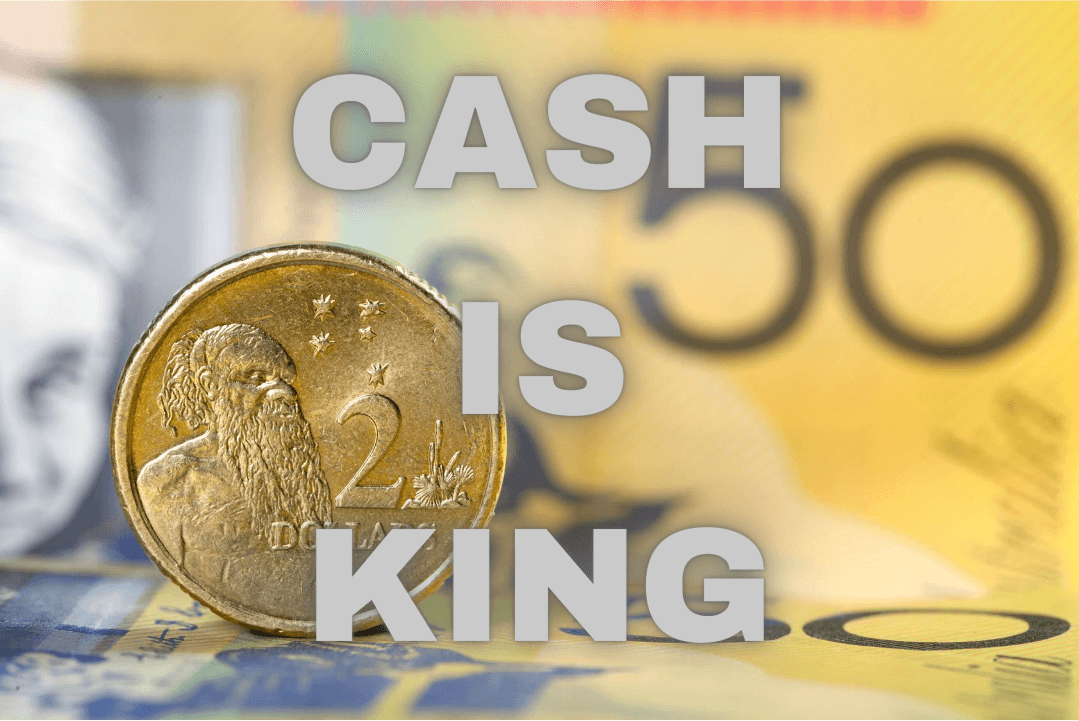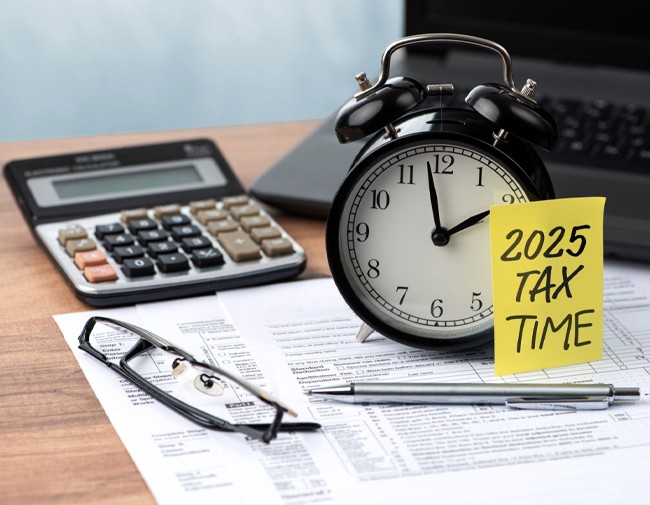Business Lessons From a Pandemic
COVID-19 arrived with little or no warning and very few people or businesses have emerged unscathed. While the pandemic is firstly a health crisis that has already claimed more than 500,000 lives, it has also sparked a global financial crisis.
 Maybe
we did get a warning about the pandemic. The Wall Street Journal suggests that the co-founder of Microsoft, Bill Gates, met with Donald
Trump and other candidates in 2016 and told them to make planning for a pandemic a top priority. He described the potential outbreaks as a
bigger threat than nuclear war. History now tells us that Bill Gates could be the modern version of Nostradamus and who knows, COVID-19
might not be the only pandemic we have to deal with in our lifetimes. One thing is for sure, this will not be the last economic downturn we
have to deal with.
Maybe
we did get a warning about the pandemic. The Wall Street Journal suggests that the co-founder of Microsoft, Bill Gates, met with Donald
Trump and other candidates in 2016 and told them to make planning for a pandemic a top priority. He described the potential outbreaks as a
bigger threat than nuclear war. History now tells us that Bill Gates could be the modern version of Nostradamus and who knows, COVID-19
might not be the only pandemic we have to deal with in our lifetimes. One thing is for sure, this will not be the last economic downturn we
have to deal with.
As business owners we need to learn from experience because history has a habit of repeating itself. Some may argue that it was impossible to plan for this event but going forward we need to have a contingency plan in the event there is another outbreak or some other catastrophe. As they say, failing to plan is planning to fail.
We were all unprepared for COVID-19 but when you reopen your business, don’t assume that it will be business as usual. Should the coronavirus return what will you do differently? Think about how you responded to this crisis. While the public was panic buying toilet paper, canned soup, flour and pasta, small business owners were worried about paying next month’s rent and not having enough cash reserves to pay staff until the JobKeeper payments started to flow. The truth is, without the government subsidies it would have been carnage.
 What
did you learn from the pandemic? What worked - did you manage to pivot to keep the cash register ticking over? What did your competitors do
to survive or even thrive and did you find alternative revenue streams? What could you do better next time and did you learn anything from
the strategies used in other industries that you could adopt? For the owners of businesses who were put into hibernation for 10 to 12 weeks
there was lots of time to think and plan the rest of 2020. The smart operators used the time wisely by unwinding, recharging the batteries
and then planning the re-open. When you do reopen, make sure to take the time to document all of your experiences through this
extraordinary period and have a plan in the event of another lockdown or shutdown as has happened in Victoria.
What
did you learn from the pandemic? What worked - did you manage to pivot to keep the cash register ticking over? What did your competitors do
to survive or even thrive and did you find alternative revenue streams? What could you do better next time and did you learn anything from
the strategies used in other industries that you could adopt? For the owners of businesses who were put into hibernation for 10 to 12 weeks
there was lots of time to think and plan the rest of 2020. The smart operators used the time wisely by unwinding, recharging the batteries
and then planning the re-open. When you do reopen, make sure to take the time to document all of your experiences through this
extraordinary period and have a plan in the event of another lockdown or shutdown as has happened in Victoria.
Clearly there’s no room for complacency in business and when the economy is firing on all cylinders it’s easy to develop bad habits. Bookkeeping becomes less of a priority and we tend to spend money on unnecessary items or luxury goods. Warren Buffet said, “Only when the tide goes out do you discover who's been swimming naked.” Well, a lot of business owners were caught with their ‘pants down’ when COVID-19 arrived. They were behind in their record keeping and some were years behind in lodging Business Activity Statements and tax returns. As a result, when some of the government stimulus payments were linked to these lodgements they were scrambling to catch up. When you run a business, big or small, it comes with compliance obligations. There are no short cuts and record keeping is a fact of business life.
A really important take away for business owners during this phase has been to have a process or road map to follow. This lets you navigate around the panic and helps you to stay calm because you know you are working towards a destination or outcome. Leaders formulate plans and provide the team with structure including systems and processes that they can follow. It is so important that entrepreneurs spend time working ON the business not IN the business.
 Cash
flow is the lifeblood of a business and the government threw businesses several lifelines in the form of cash boosts, JobKeeper payments
and other grants during the crisis. There’s no doubt, the government subsidies have kept businesses afloat during what could be described
as a perfect storm. What it did prove was, a large percentage of businesses had insufficient cash reserves to pay staff and rent for more
than a month or two.
Cash
flow is the lifeblood of a business and the government threw businesses several lifelines in the form of cash boosts, JobKeeper payments
and other grants during the crisis. There’s no doubt, the government subsidies have kept businesses afloat during what could be described
as a perfect storm. What it did prove was, a large percentage of businesses had insufficient cash reserves to pay staff and rent for more
than a month or two.
When the government handouts dry up, a lot of business owners will struggle because they won’t have the reserves to get them through a slow trading period. The economy will take some time to get back to ‘normal’ levels because there’s no simple on-off switch. The economy has the turning circle of the Titanic and we certainly hit an iceberg! Trading will be significantly different when you re-open and you won’t pick up where you left off in March as consumer confidence has been dinted, we are in a recession and unemployment is on the rise. Some of your major customers might be struggling. Your suppliers might also be in trouble so check your supply chain is still functioning.
With sales slow in the ‘comeback’ period and customers on 30 or 60 day accounts you might not see any cash flow for some time. Get on the front foot now and talk to your bank because financiers won’t look at you favourably if you are in need of quick cash. Be prepared and have a cash flow forecast that identifies how much you’ll need and when you’ll need it.
 It
all sounds simple, build cash reserves of a few months of operating costs and build strong relationships with your bank so you can secure
finance if required. You need to monitor and manage your debtors and make sure your customers abide by your payment terms, so your debtors
don’t blow out. Keep your records up to date and formulate a game plan. Should history repeat itself you’ll be much better prepared.
It
all sounds simple, build cash reserves of a few months of operating costs and build strong relationships with your bank so you can secure
finance if required. You need to monitor and manage your debtors and make sure your customers abide by your payment terms, so your debtors
don’t blow out. Keep your records up to date and formulate a game plan. Should history repeat itself you’ll be much better prepared.
We are here to help you with any queries you may have about how you can 'be prepared' - don't hesitate to contact us.
This article forms part of our Business Accelerator Magazine. Download the latest edition HERE or browse other articles from this edition below:
- Marketing in Preparation for a Post-Pandemic World
- JobKeeper Payment Scheme - Extension and Changes
- When it's the End of the Business Road
- Car Expenses and Home Office Claims
- Return to Top
Disclaimer: This newsletter contains general information only. No responsibility can be accepted for errors, omissions or possible misleading statements. No responsibility can be accepted for any action taken as a result of any information contained in these articles. It is not designed to be a substitute for professional advice and does not take into account your personal circumstances.













.jpg)